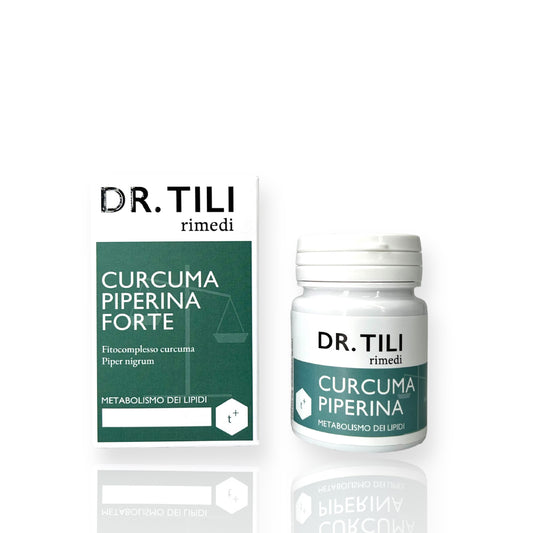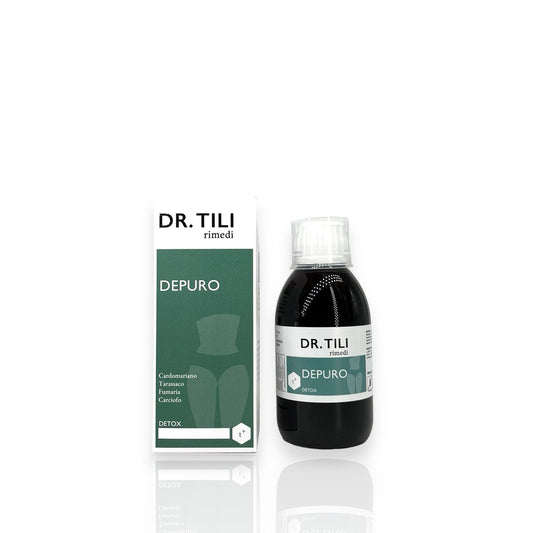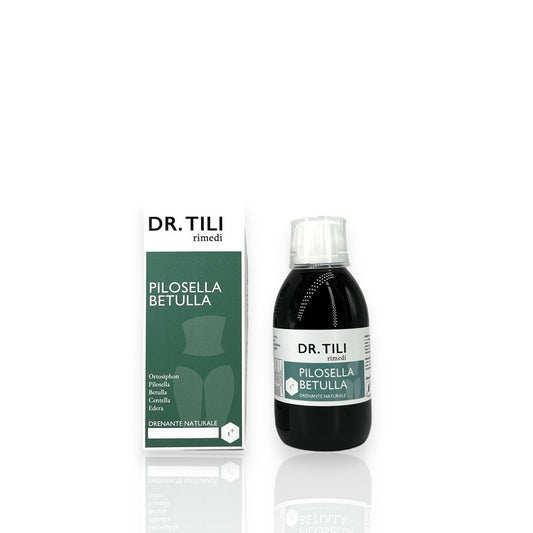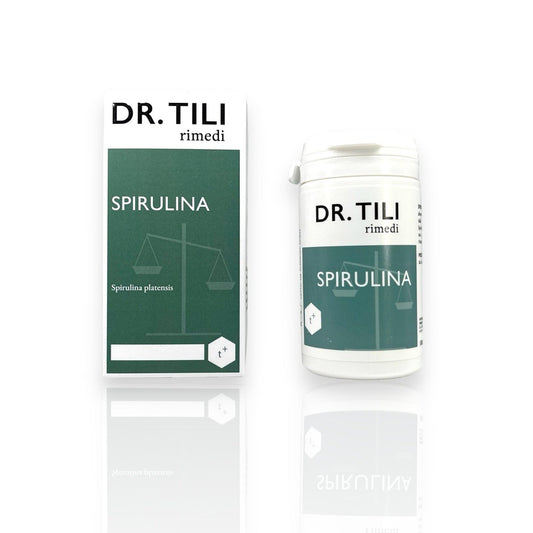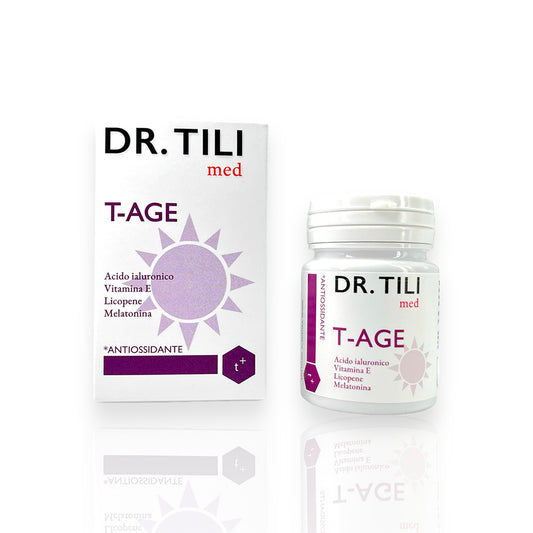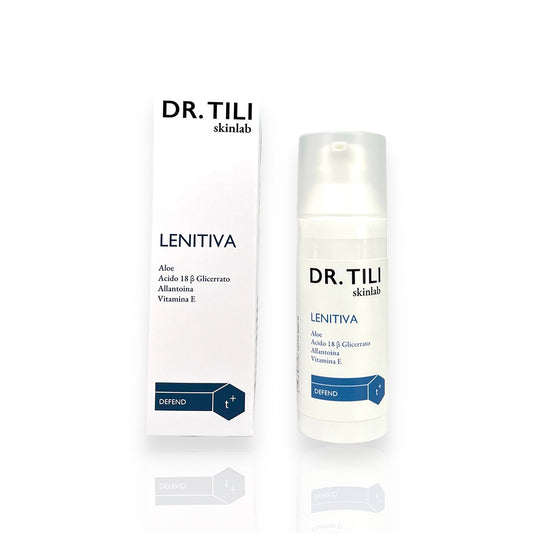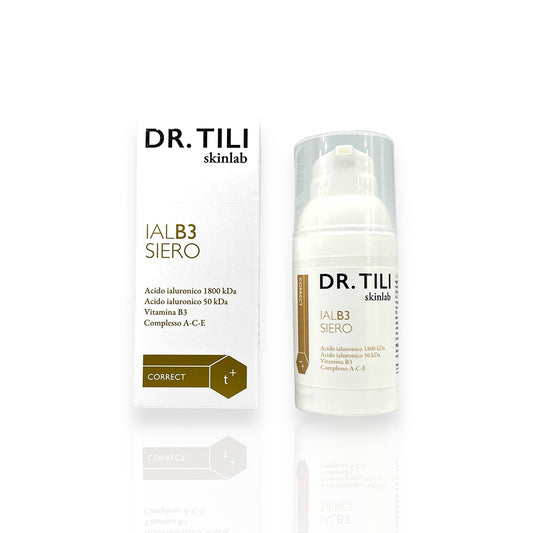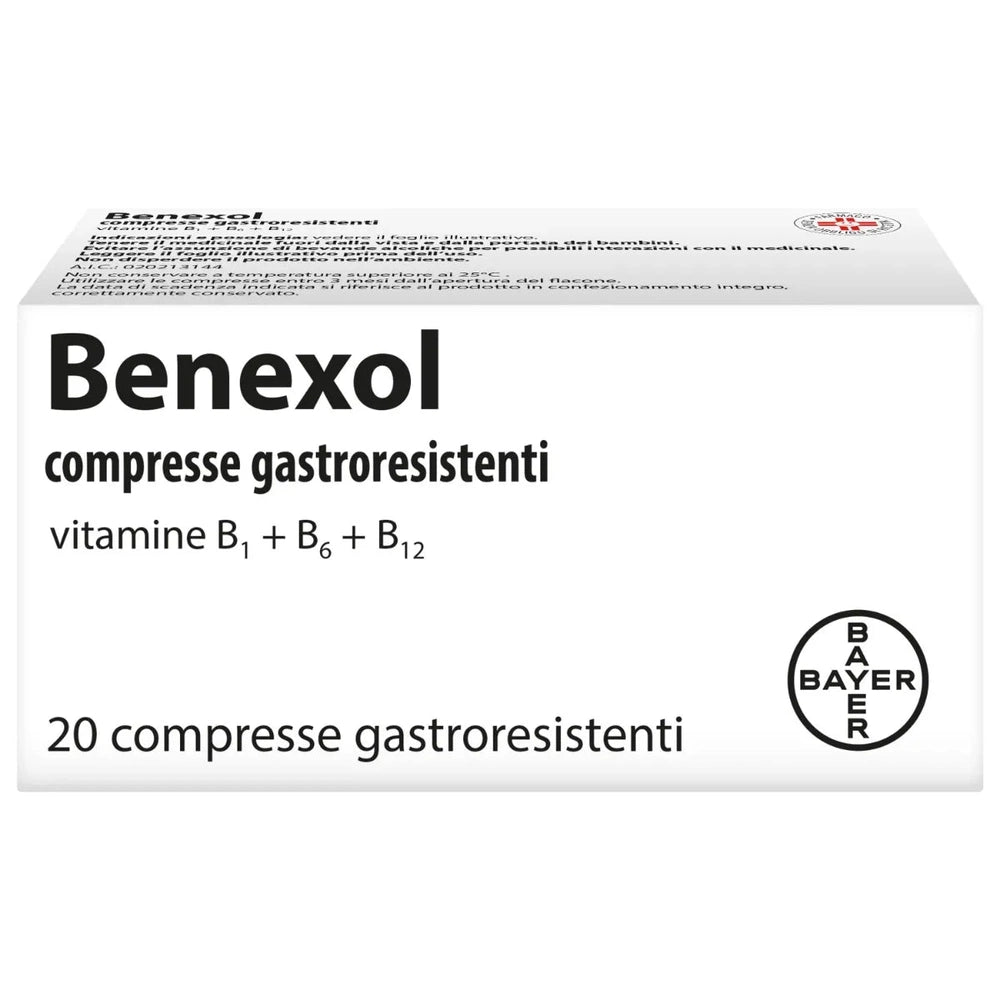BAYER SPA
Benexol 20 Gastro-resistant Tablets
Benexol 20 Gastro-resistant Tablets

Pickup available at Farmacia Tili
Usually ready in 24 hours
PRODUCT NET WEIGHT
PRODUCT NET WEIGHT
EAN
EAN
20213144
MINSAN
MINSAN
020213144
Benexol Tablets based on thiamine hydrochloride, pyridoxine hydrochloride and cyanocobalamin, useful in vitamin B1, B6 and B12 deficiency states and in their various clinical forms. Benexol Tablets is an adjuvant therapy for:
-
Deficiency polyneuritis: inflammation of the peripheral nerves due to a lack of B vitamins
-
Neuritis : inflammation of peripheral nerves during treatment with isoniazid or other vitamin B6 antagonists
-
Non-deficiency neuritis: chronic inflammation of peripheral nerves not due to vitamin deficiency
Benexol Tablets are also useful in case of ongoing radiotherapy.
ACTIVE INGREDIENTS
Active ingredients contained in Benexol 20 Gastro-resistant Tablets - What is the active ingredient of Benexol 20 Gastro-resistant Tablets?
Benexol gastro-resistant tablets, one gastro-resistant tablet contains: thiamine hydrochloride (Vit. B 1) 250 mg, pyridoxine hydrochloride (Vit. B 6) 250 mg, cyanocobalamin (Vit. B 12) 500 mcg. Benexol low dose powder and solvent, one vial of powder contains: vitamin B 1 (as cocarboxylase) 38 mg, pyridoxine hydrochloride (Vit. B6) 200 mg, hydroxocobalamin (Vit. B 12) 1000 mcg (as hydroxocobalamin acetate). Benexol high dosage powder and solvent, one vial of powder contains: vitamin B 1 (as cocarboxylase) 38 mg, pyridoxine hydrochloride (Vit. B6) 300 mg, hydroxocobalamin (Vit. B 12) 5000 mcg (as hydroxocobalamin acetate). For the full list of excipients, see section 6.1.
EXCIPIENTS
Composition of Benexol 20 Gastro-resistant Tablets - What does Benexol 20 Gastro-resistant Tablets contain?
Benexol gastro-resistant tablets: hydrated colloidal silica, povidone, magnesium stearate, pregelatinized starch, mannitol, talc, methacrylic acid - ethyl acrylate copolymer (1:1), carmellose sodium, macrogol 6000, glycerol triacetate. Benexol low dosage powder and solvent for solution for injection for intramuscular use, the powder vial contains: methyl parahydroxybenzoate, propyl parahydroxybenzoate, sodium hydroxide. One solvent vial contains: water for injections. Benexol high dosage powder and solvent for solution for injection for intramuscular use. The powder vial contains: methyl parahydroxybenzoate, propyl parahydroxybenzoate, sodium hydroxide. One solvent vial contains: water for injections.
DIRECTIONS
Therapeutic indications Benexol 20 Gastro-resistant Tablets - Why is Benexol 20 Gastro-resistant Tablets used? What is it used for?
Deficiency states of vitamins B 1, B 6 and B 12 and their various clinical forms (deficiency polyneuritis, neuritis during treatment with isoniazid and other vitamin B 6 antagonists). Adjuvant therapy in non-deficiency neuritis and during radiotherapy.
CONTRAINDICATIONS SIDE EFFECTS
Contraindications Benexol 20 Gastro-resistant Tablets - When should Benexol 20 Gastro-resistant Tablets not be used?
Hypersensitivity to the active substances or to any of the excipients listed in paragraph 6.1; pregnancy and breastfeeding; children under 12 years; renal or hepatic insufficiency.
DOSAGE
Quantity and method of taking Benexol 20 Gastro-resistant Tablets - How to take Benexol 20 Gastro-resistant Tablets?
Benexol is indicated in adults and adolescents aged 12 years and over. Dosage. Benexol gastro-resistant tablets: 1 tablet per day. The product is generally prescribed for periods of one or more weeks. In some cases, the doctor may extend the treatment up to several months. Benexol low dosage powder and solvent Benexol low dosage is indicated when absorption is markedly reduced and for the treatment of hypovitaminosis. The dose is one vial per day, unless otherwise prescribed by the doctor. Benexol high dosage powder and solvent: Benexol high dosage is indicated for the initial therapy of forms with particularly intense symptoms. The dose is one vial per day, unless otherwise prescribed by the doctor. Method of administration. Benexol gastro-resistant tablets: Benexol tablets should be swallowed with a sip of liquid, without chewing or dissolving them beforehand. Benexol low dosage powder and solvent: the injection must be done by deep intramuscular injection by qualified and experienced personnel and the administration must be as slow as possible. The solution to be injected is prepared at the moment, dissolving the lyophilized dry substance with the specific solvent contained in the package. Benexol high dosage powder and solvent: the injection must be done by deep intramuscular injection by qualified and experienced personnel and the administration must be as slow as possible. The solution to be injected is prepared at the moment, dissolving the lyophilized dry substance with the specific solvent contained in the package.
CONSERVATION
Storage Benexol 20 Gastro-resistant Tablets - How to store Benexol 20 Gastro-resistant Tablets?
Benexol low dosage powder and solvent for solution for injection for intramuscular use: this medicinal product does not require any special storage conditions. Benexol high dosage powder and solvent for solution for injection for intramuscular use: do not store above 25 degrees C. Benexol gastro-resistant tablets: do not store above 25 degrees C.
WARNINGS
Warnings Benexol 20 Gastro-resistant Tablets - About Benexol 20 Gastro-resistant Tablets it is important to know that:
Do not exceed the recommended dose and duration of treatment. The product should not be taken at higher doses or for longer periods than recommended, since an overdose may be associated with serious neurotoxicity (see section 4.9). Particular caution should be exercised when the product is prescribed together with levodopa for the treatment of Parkinson's disease, since pyridoxine at high doses may antagonise its therapeutic effect (see section 4.5). Repeated intramuscular administration of preparations containing vitamin B 1 may in rare cases cause anaphylactic reactions. The clinical picture may in some respects simulate anaphylactic shock (see section 4.8). In order to avoid these rare anaphylactic reactions, oral administration is always preferable, whenever possible. If this is not possible, the intramuscular injection should be as slowly as possible and should be performed by qualified and experienced personnel (see section 4.2). Important information about some of the excipients. Benexol gastro-resistant tablets: This medicinal product contains less than 1 mmol sodium (23 mg) per dose, that is to say essentially "sodium-free". Benexol low strength powder and solvent for solution for injection for intramuscular use: This medicinal product contains parahydroxy benzoates. It may cause allergic reactions (possibly delayed) and, exceptionally, bronchospasm. This medicinal product contains less than 1 mmol sodium (23 mg) per dose, that is to say essentially "sodium-free". Benexol high strength powder and solvent for solution for injection for intramuscular use: This medicinal product contains parahydroxy benzoates. It may cause allergic reactions (possibly delayed) and, exceptionally, bronchospasm. This medicinal product contains less than 1 mmol sodium (23 mg) per dose, that is to say essentially "sodium-free".
INTERACTIONS
Interactions Benexol 20 Gastro-resistant Tablets - Which medicines or foods can modify the effect of Benexol 20 Gastro-resistant Tablets?'
Interactions with other medicinal products. Vitamin B1 (thiamine), the following medicinal products inhibit the activity of thiamine: thiosemicarbazone, 5-fluorouracil. Vitamin B6 (pyridoxine), several medicinal products interfere with pyridoxine and may reduce its plasma levels. These include: cycloserine, hydralazine, isoniazid, deoxypyridoxine, D-penicillamine, oral contraceptives, alcohol. Vitamin B6 may reduce the efficacy of the following medicinal products. Levodopa: pyridoxine enhances the metabolism of levodopa into dopamine and therefore reduces its antiparkinsonian therapeutic effects at the doses usually used. However, this interaction does not occur when carbidopa is used together with levodopa. Altretamine, phenobarbital, phenytoin, amiodarone: co-administration may aggravate the photosensitivity induced by amiodarone. Vitamin B12 (cyanocobalamin): Aminoglycosides, antihistamines (anti-H2), metformin and other related biguanides, oral contraceptives, aminosalicylic acid and proton pump inhibitors may reduce the absorption of vitamin B12 from the gastrointestinal tract. Therefore, in patients taking these drugs, the requirement for vitamin B12 may be increased. Chloramphenicol may delay or interrupt the response of reticulocytes to vitamin B12. Therefore, blood counts should be monitored when taken concomitantly. Interactions with laboratory tests. Vitamin B1 (thiamine): Thiamine may give false positive results in the determination of urobilinogen with Ehrlich's reagent; high doses of thiamine may interfere with the spectrophotometric determination of serum theophylline. Vitamin B6 (pyridoxine), urobilinogen: Pyridoxine may cause a false positive in the Ehrlich reagent test.
SIDE EFFECTS
Like all medicines, Benexol 20 Gastro-resistant Tablets can cause side effects - What are the side effects of Benexol 20 Gastro-resistant Tablets?
The adverse reactions listed below are derived from spontaneous reports. Since these reactions are reported voluntarily, it is not possible to estimate their frequency. Gastrointestinal disorders: diarrhoea, dyspepsia, nausea, vomiting, gastrointestinal and abdominal pain. Immune system disorders: allergic reaction and anaphylactic reaction. Hypersensitivity reactions with corresponding laboratory and clinical findings, including asthma syndrome, mild to moderate reactions involving the skin and/or respiratory tract, gastrointestinal tract and/or cardiovascular system. Symptoms may include facial swelling (secondary mechanism), dyspnoea, urticaria, angioedema, pruritus and cardiorespiratory distress. If an allergic reaction occurs, discontinue treatment and consult a physician. For the solution for injection only: serious reactions including anaphylactic shock with possible fatal outcome have been associated with parenteral use. Renal and urinary disorders: abnormal odour of urine. Nervous system disorders: peripheral neuropathy and polyneuropathy, paraesthesia. Skin and subcutaneous tissue disorders: photosensitivity reaction, rash, erythema, pruritus, urticaria and bullous dermatitis. Reporting of suspected adverse reactions. Reporting suspected adverse reactions that occur after authorisation of the medicinal product is important. It allows continued monitoring of the benefit/risk balance of the medicinal product. Healthcare professionals are asked to report any suspected adverse reactions via the national reporting system at www.aifa.gov.it/content/segnalazioni-reazioni-avverse.
PREGNANCY AND BREASTFEEDING
If you are pregnant or breast-feeding, think you may be pregnant or are planning to have a baby, ask your doctor for advice before taking Benexol 20 Gastro-resistant Tablets.
Pregnancy: the product is contraindicated during pregnancy (see section 4.3). Breastfeeding: the product is contraindicated during breastfeeding (see section 4.3). Women of childbearing potential: women of childbearing potential must use effective contraceptive methods during treatment.







